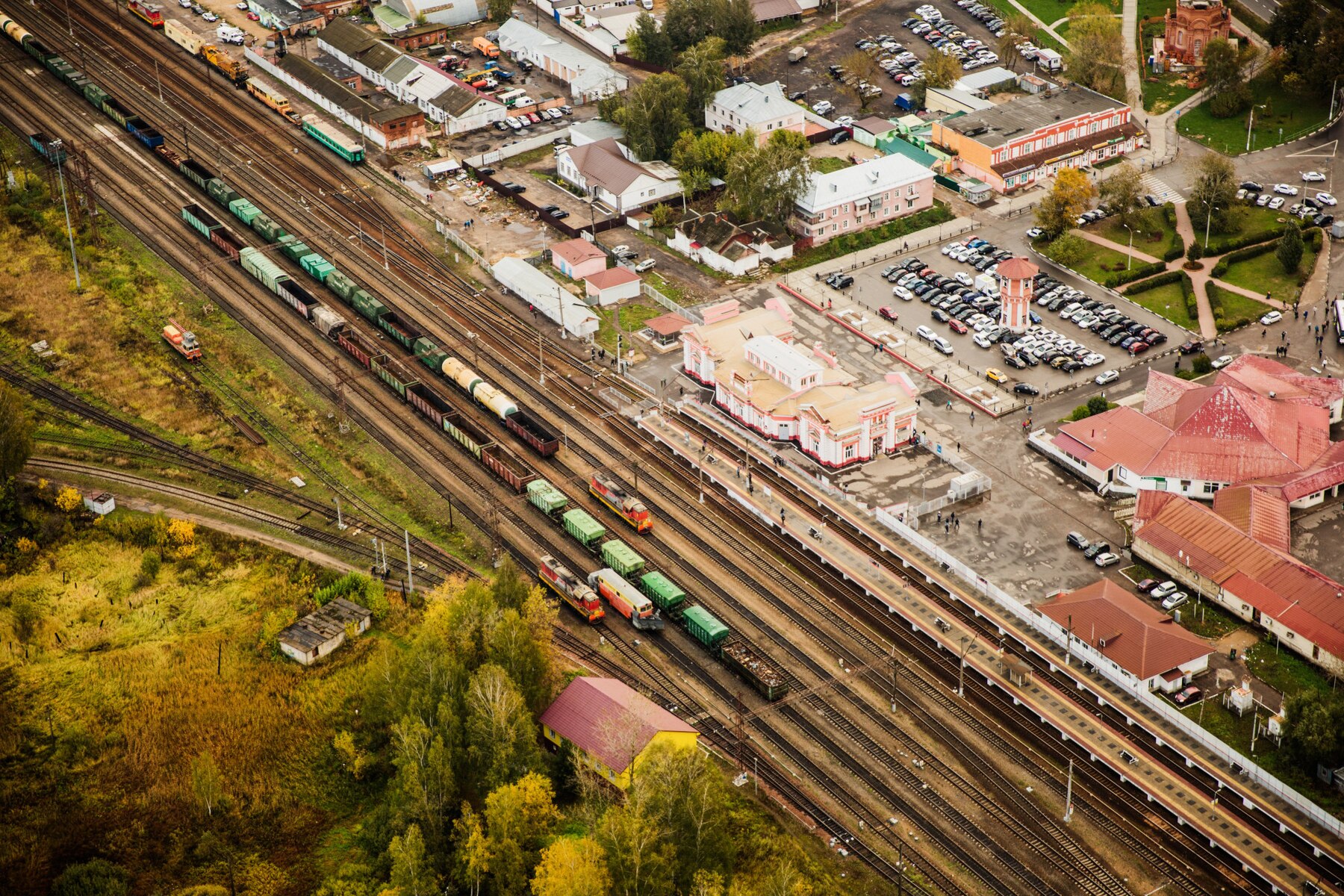What Norfolk Southern Should’ve Done
Norfolk Southern Corporation

They called it a controlled burn. Yet the plumes of black smoke that loomed over the town looked like a mushroom cloud from a nuclear bomb blast. And similar to a nuclear blast, the surrounding area, East Palestine, Ohio, is now in a zone where it might be inhabitable.
The black plume appeared in early February, and there have been numerous developments since then. There was yet another derailment in early March, though it was not as bad as the one before. There was also an accident where a Norfolk Southern conductor died.
Norfolk Southern itself has also been working to address these problems, but it’s well worth looking at the various actions and steps that they have taken. After all, it’s a great case study of what not to do.
They Should Be Doing More For Communities
Looking at Norfolk Southern’s ESG report and initiatives shows they care about communities. On top of being a “responsible corporate citizen,” they also desire to preserve natural habitats. One area they worked on was Laberts Point, where the terminal is now a green oasis.
But despite their claims, it feels like a lot of posturing and not much belief in what they are telling customers, communities, and investors.
Shortly after the second derailment, Norfolk Southern agreed to cover relocation expenses and clean-up costs. Norfolk Southern has also been pouring millions more into the community to cover a wide variety of expenses.
All of this is a good thing, but it’s undercut by what Norfolk Southern initially offered to residents. It all started when the company proposed a $1,000 “inconvenience check” to all residents. Thankfully, the community and the government refused to accept that and pressured the company to clean up its mess.
It feels like posturing because here you have a company that claims to be responsible and conscious about how it affects communities and the planet. And yet, they let the train get derailed anyway and spill chemicals around the surrounding area.
In those instances, offering each resident $1,000 for damaging a community's way of life for years is a slap in the face. If Norfolk Southern was truly committed to what they’re saying, the company should’ve started with the millions of dollars they are now pledging after being forced into paying up.
They Should’ve Updated Their Technology
What’s frustrating about this accident is that it could’ve been prevented easily. Years before this accident occurred, two major events took place:
First was the introduction of new regulations to increase train security through updated technology; a regulation which was lobbied at the time to loosen a little bit.
Second was the removal of improved braking systems and loosening regulations revolving around trains carrying hazardous flammable materials years later.
It’s interesting because as that article pointed out, Norfolk Southern was very keen on adopting technology. They even made a pledge to have 30 trains adopt electronically controlled pneumatic (ECP) brakes once they fitted one of their trains with one.
The sudden shift was bizarre, and it was clear the company chose profit over people to an absurd extent. Looking at their ESG pledges, the company claims, “Investing in technology pays dividends for the planet.”
That’s something we can all agree with. So why is it that Norfolk Southern trains are still equipped with braking systems that were developed in 1868? And why did the company fight back against safety regulations that shareholder initiatives were developing?
Even after further derailments, the safety plan for Norfolk Southern is a disappointment. The plan is to place emphasis on hot-bearing detectors. According to the Federal Railroad Administration (FRA), this will reduce axel and bearing-related accidents by 59%. That said, these bearings can overheat quickly and burn off in the span of a few minutes.
ECPs, on the other hand, operate through an electronic signal. They stop trains faster and act as cushions to prevent train carts from falling off the rail when trains slow down or brake. Adopting this would be a huge step up, especially since trains are still using those 1868 braking systems. Furthermore, this specific accident was caused by faulty brake systems, and it had nothing to do with axle or bearing issues.
Less Posturing, More Commitments
It’s hard to say what Norfolk Southern will be doing after East Palestine is restored. Its ESG initiatives are blown up in the company’s face, much like the black plume over East Palestine. And judging by what the company has offered to do initially, it feels like Norfolk Southern is working to do the bare minimum unless forced to change its ways.
Train transportation for goods is a better alternative to long-haul trucks. But trains would be no better than long-haul trucks if companies continue to behave the way they have and the train system isn’t updated.
Compare ESG performance via published ESG ratings here. Type in "freight & logistics" to compare across the sector.
